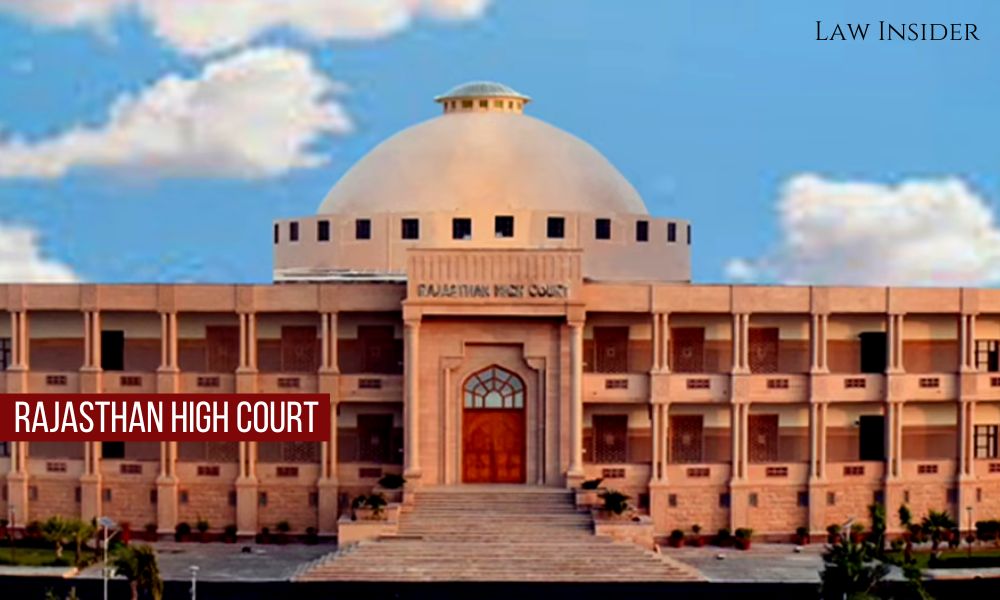LI Network
Published on: December 11, 2023 at 09:50 IST
The Rajasthan High Court declared that authorities cannot deny the registration of a marriage solely based on one spouse being a foreign national.
Justice Anoop Kumar Dhand, in the case of Ashwani Sharad Pendese vs Registrar of Hindu Marriages, addressed the plea challenging the Registrar of Hindu Marriages’ decision to reject the marriage registration of a couple where the husband was a resident of Belgium.
Justice Dhand emphasized the sanctity of marriages, describing them as profound connections that extend beyond the physical realm to encompass emotional, mental, and psychological ties.
The court referred to the Hindu Marriage Act, 1995, particularly Section 8, which governs the registration of Hindu marriages. The judge noted that the Act does not specify any restriction on foreign nationals seeking marriage registration in India.
Furthermore, Justice Dhand asserted that the fundamental right to equality, as enshrined in Article 14 of the Constitution of India, extends to foreigners. He highlighted that while specific rights under Articles 15, 16, 19, 29, and 30 are applicable only to Indian citizens, the broader fundamental rights under Articles 14 and 21 are granted to “any person,” including non-citizens.
The court underscored the framers’ intent to grant certain fundamental rights to citizens while also ensuring that basic rights are not denied to non-citizens.
Recognizing the global adherence to natural justice principles and the provision of basic rights to foreign nationals, the court affirmed the importance of these rights in defending freedom and liberties.
Addressing the denial of marriage registration on the grounds of citizenship, the court deemed it a violation of the right to equality for the couple.
It ruled that if parties can prove a valid marriage within India under the Hindu Marriage Act or the Special Marriage Act, authorities cannot refuse the registration based on citizenship.
In its judgment, the court issued a general mandamus to the Registrar of Hindu Marriages and the State’s Chief Secretary to amend guidelines and application formats for marriage registration.
The directive aims to ensure that the citizenship requirement is not insisted upon if the parties provide valid proof of marriage.

